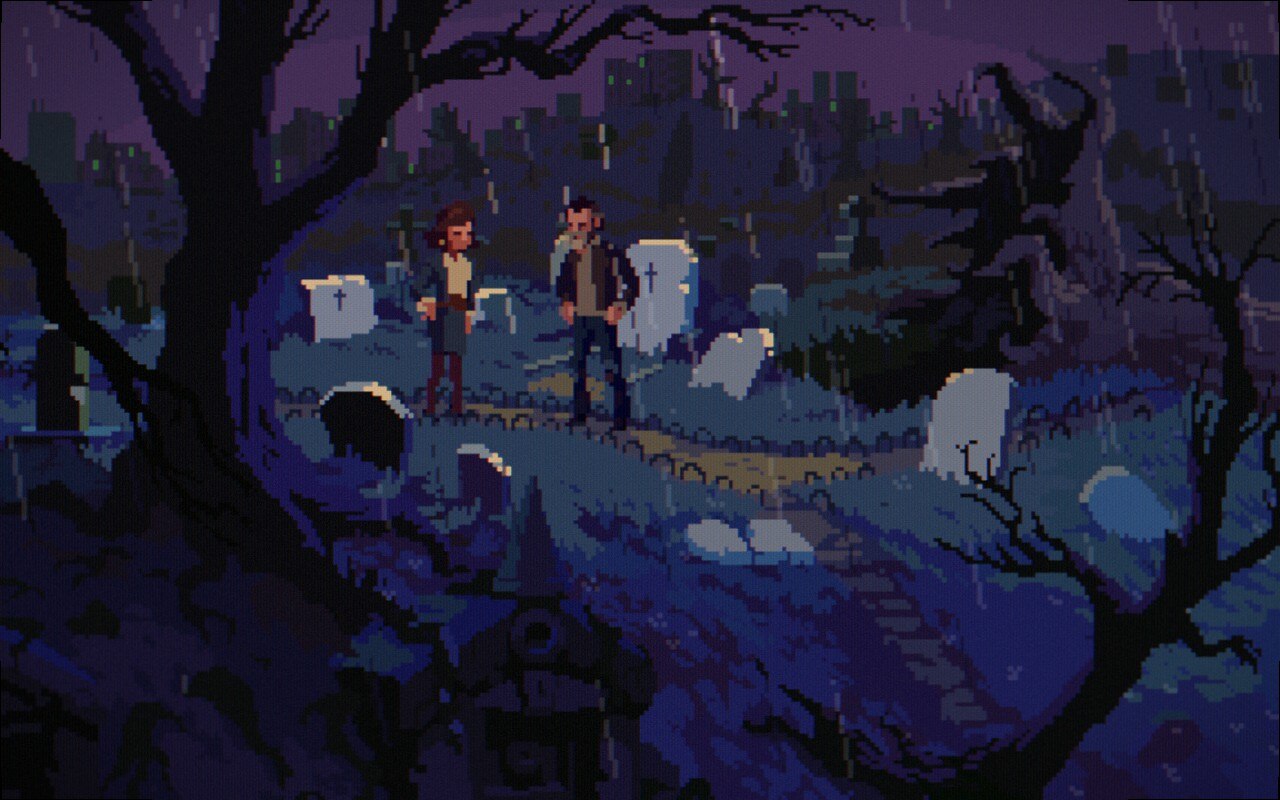Daring to care about the denizens of Grim Dawn
What happens in the bowels of a forsaken fortress stays there, right?
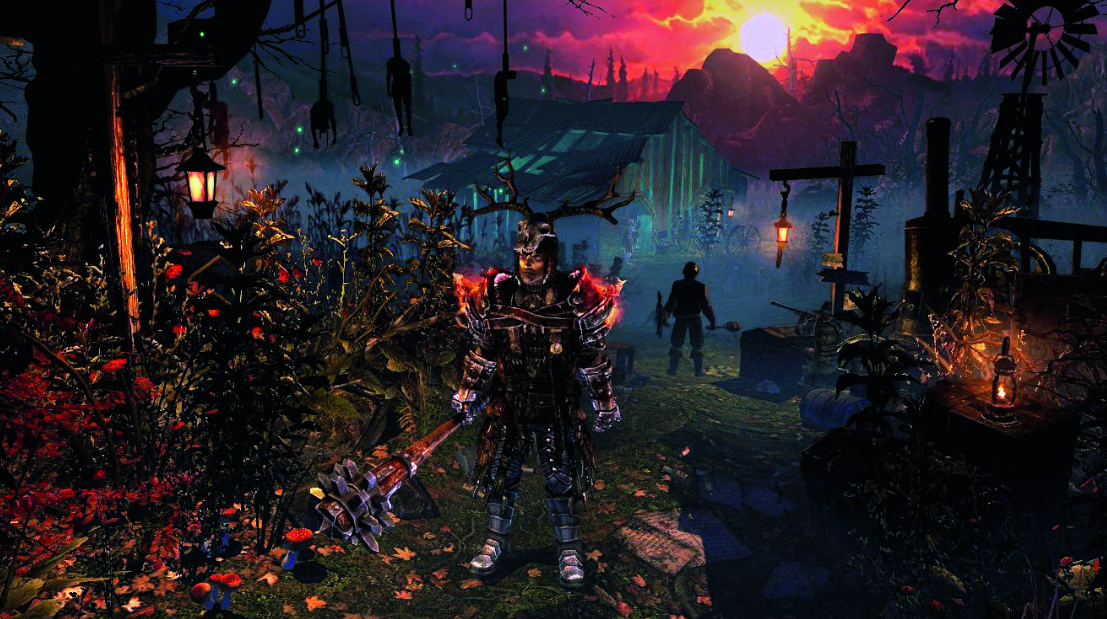
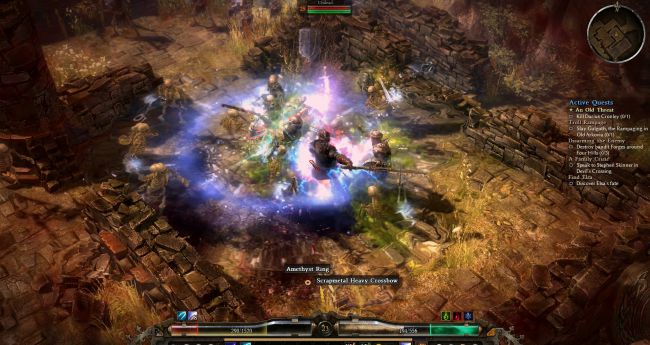
In Now Playing articles PC Gamer writers talk about the game currently dominating their spare time. Today Tom shows his caring side in Grim Dawn.
The concept of stranger danger does not exist in RPGs. I realise this halfway through a quest in the well-made action RPG Grim Dawn, at precisely the moment I teleport a child I’ve just met to a jail cell. Did I just do something bad?
That’s not a question I ask myself often in action RPGs, in which you’re required to kill creatures in their thousands. And the kid was hiding in the wild, surrounded by ghosts and other cool monsters that like to eat children. The jail cell is part of a reconstituted human settlement called Devil’s Crossing, and the people there seem like good not-ghost people. I reckon I’m in the clear. This was an act of heroism, with a small aspect of child abduction.
Things get a little more complicated when I offer to take a man to Devil’s Crossing and he refuses, and I kill him with a massive lightning hammer. It has taken me a while to realise that this was a bad thing to do—an act of attempted heroism with a massive aspect of murder—but I had reacted instinctively to the fact the man’s name tag turned red. I can’t recall if he actually attempted to attack me, but after a decade of playing action RPGs the old monster-bashing instincts kicked in. I left-clicked and he turned into a heap of bloody chunks. Self-defence, your honour.
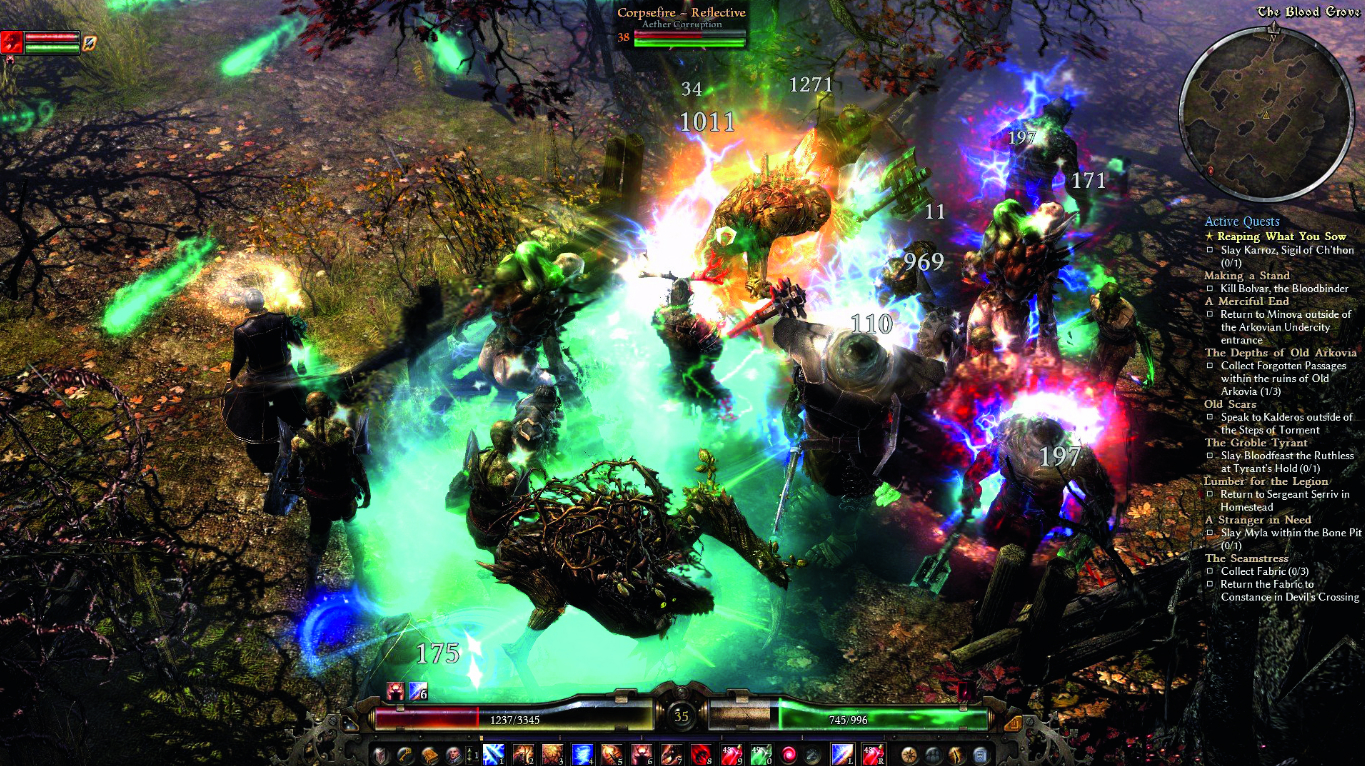
Still, what happens in the bowels of a forsaken fortress stays there, right? There is no morality system in Grim Dawn, only a faction system that measures your reputation with the world’s warring groups. The etherial ghost people hate me because I’ve killed them in their thousands. The citizens of Devil’s Crossing think I’m OK, because I’ve filled their dungeons with children. It’s a strange situation, but quite suited to Grim Dawn’s post-apocalyptic “Wild West with wizards” setting. There is no good and evil, there is only loot, and some portal-based people trafficking.
My opinion of Devil’s Crossing changes when I discover a larger and better-equipped town called Homestead. This place has walls, and proper soldiers, and guard captains. I’ve spent hours helping the peasants of a tiny improvised refuge when I could have been leading them to a better place. I feel as though I could have teleported the kids to Homestead where they might have a chance of seeing daylight. I couldn’t, of course, the game’s carefully measured progression confined me to the fields around Devil’s Crossing for the first six hours or so. Now when I talk to the kids they give me canned dialogue asking me whether I’ll kill the bad men. I tell them yes. I don’t tell them about the guy in the basement who wouldn’t go with me that one time.
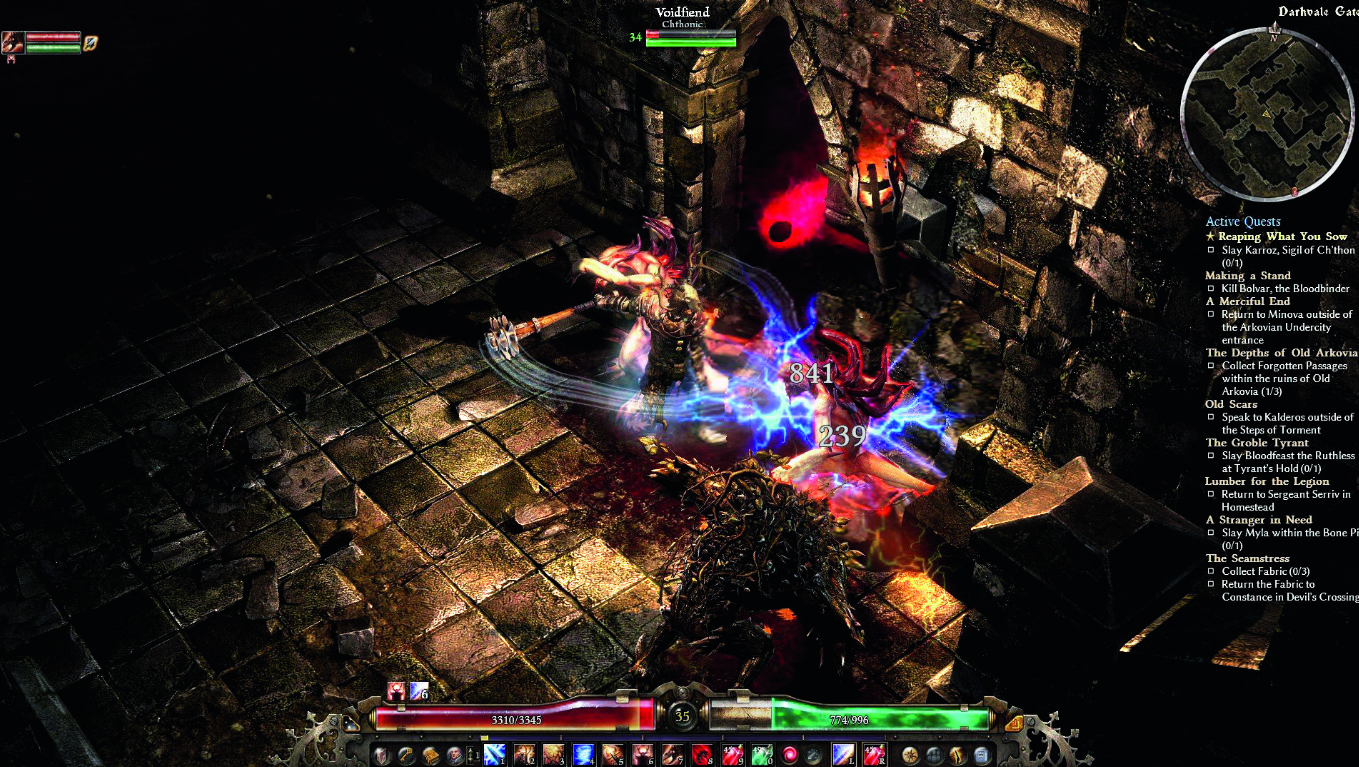
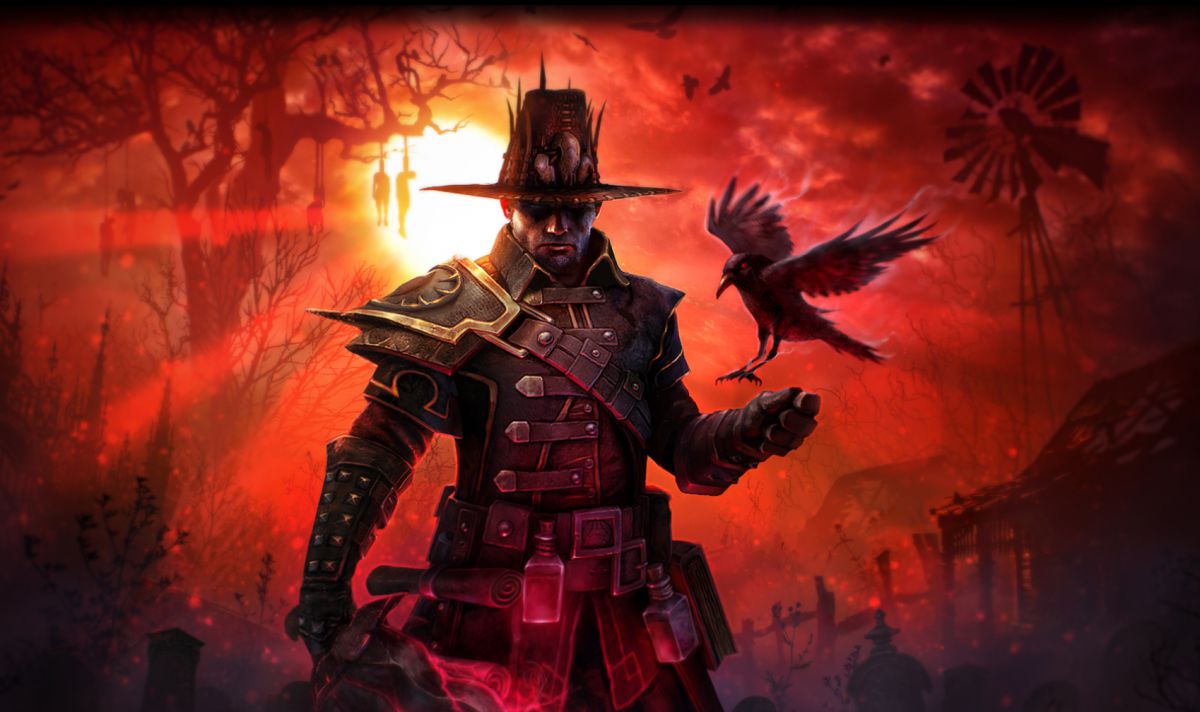
Although "a little hobbled by old-school stylings", Leif says there are "few modern hack-and-slash RPGs quite so fun" as Grim Dawn in his review.
It’s a credit to Grim Dawn that I care at all about any of them. Action RPG NPCs only have small text boxes with which to endear themselves to the player hovering 20 feet above. They’re tiny helmeted quest-nodes to be mined for experience. But in Grim Dawn they seem like small people with small problems. They just want some supplies, and a new bridge, and maybe a blacksmith. Doing good deeds and seeing the settlement change before my eyes has awakened a nurturing instinct of sorts.
Don’t get me wrong, if their needs stop requiring me to kill thousands of monsters with a hammer, I’m out of here, but for now this strange symbiotic relationship continues. The people of Devil’s Crossing shall have all the lost children they want.
Keep up to date with the most important stories and the best deals, as picked by the PC Gamer team.
Part of the UK team, Tom was with PC Gamer at the very beginning of the website's launch—first as a news writer, and then as online editor until his departure in 2020. His specialties are strategy games, action RPGs, hack ‘n slash games, digital card games… basically anything that he can fit on a hard drive. His final boss form is Deckard Cain.


